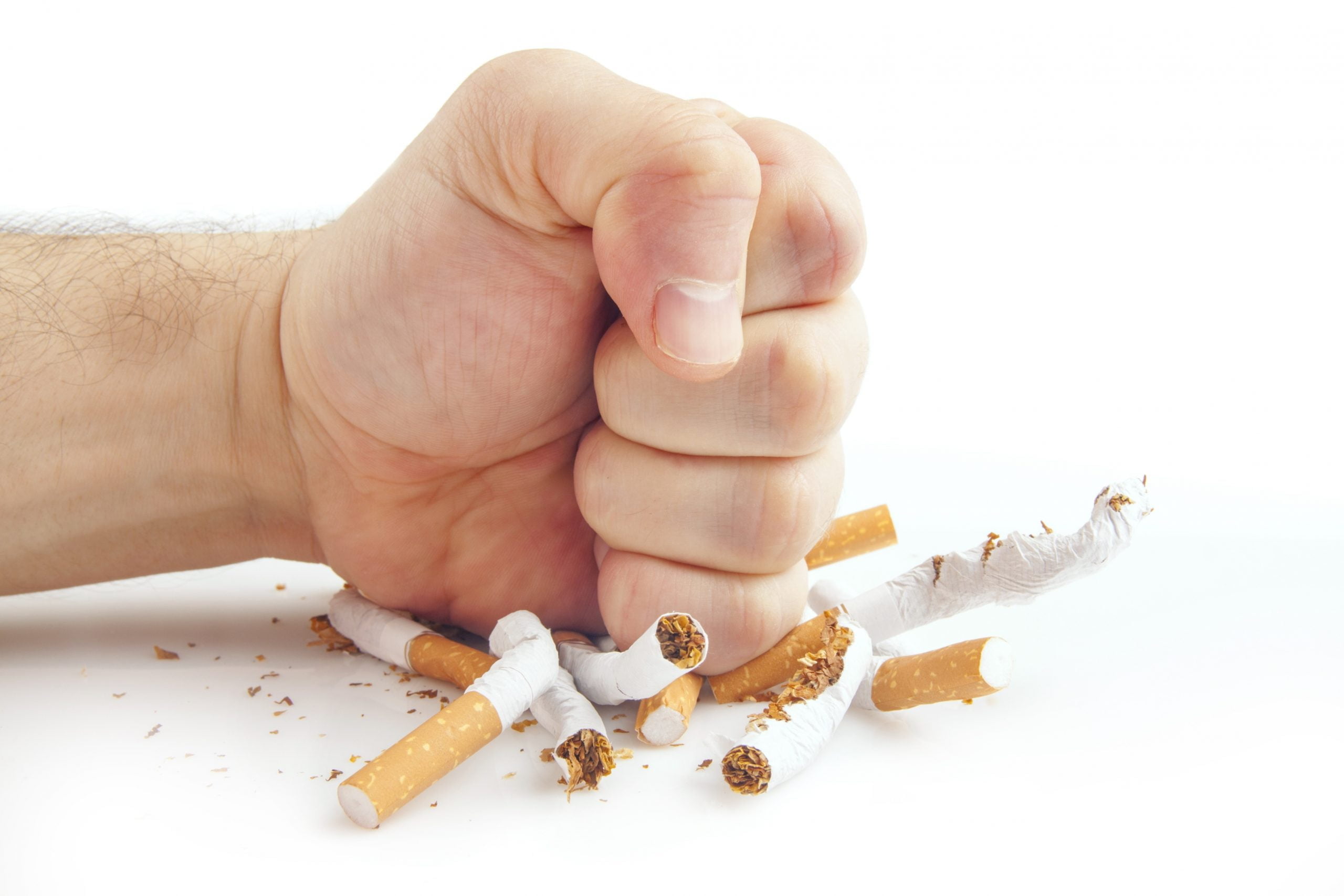Written by: Andrea Zhao, RPh
Life is inevitably never problem-free. When we are overwhelmed by everything life throws at us, it is oftentimes so easy to disregard our mental and physical health and to turn to things that give us a quick feeling of relaxation and pleasure. This is exactly what nicotine does. Within 10 seconds of inhalation, nicotine reaches your brain and you feel more relaxed and calm.1 When you are not smoking, you crave it to lessen nicotine withdrawal symptoms, which include various symptoms such as difficulty concentrating, low mood, anxiety, irritability, and sleep disturbances. Nicotine is highly addictive.
Certainly, everyone has their own reasons for smoking. When assessing your readiness to quit, think about how important it is for you to quit smoking given everything going on in your life and assess your confidence in yourself that you will be able to successfully quit. If it isn’t important to you or you have low confidence, be fair to yourself and explore why. What are your main reasons for smoking? What are your personal roadblocks to quitting? Are you truly aware of the health risks of smoking? Oftentimes I have patients tell me they’ve successfully quit smoking after they’ve experienced something major like a heart attack or stroke. While it’s good news they quit, we want to prevent that from happening in the first place.
Whether or not you believe it, fact is that by choosing to smoke, you are putting your health at great risk and shortening your life expectancy. The average smoker dies 10 years earlier than a similar non-smoker.3 In Canada, tobacco smoke is the leading cause of preventable death. More people die from tobacco smoke each year compared to the sum of deaths attributed to car accidents, suicides, murders, drug abuse, and alcohol.3
Being in good health is one of life’s greatest blessings. If you have decided to quit, you will notice improvements in your health almost instantaneously.

Image from: https://60plus.smokefree.gov/quit/health
You CAN and will be able to quit. I cannot say it will be an easy journey but when you succeed, you will be in much better health and you will be better off financially to invest in both yourself and your loved ones. Quitting smoking is a PROCESS, not a single event. Just as smoking has become a habit for many smokers over many years, it is not surprising that quitting smoking may require many attempts and a lot of time to unlearn the habit. The important thing is to not beat yourself over failed attempts and to keep positively reaffirming to yourself that quitting smoking is something you really want. Visualize how your life would be if you were already smoke-free and reward yourself whenever you are moving towards your end goal. Even one smoke-free day should be viewed as a success!
The following evidence-based actions will help increase your chances of successfully quitting2:
- Setting a quit date
- Seeking the support of a professional
- Asking your closest family and friends for support
- Using quit-smoking medication
- Relying on counselling to quit and continuously refrain from smoking
To increase your chances of successfully quitting, it is best to use a combination of pharmacologic and behavioural strategies.2
Quit smoking medications can be broken down into two categories, namely nicotine replacement therapy (NRT) and prescription medications.
Nicotine replacement therapy works by releasing low amounts of nicotine into your body to reduce your cravings and withdrawal symptoms without releasing the host of other harmful chemicals present in cigarettes. It comes in various forms: gum, lozenges, inhalers, patches, and mouth sprays. These are available without a prescription. Consult your pharmacist for more information on the most suitable option for you.
Similarly, prescription medications (Champix, Zyban) help to reduce your cravings and withdrawal symptoms but do so by changing how your brain reacts when you smoke and by altering certain chemicals in your brain. Either your doctor or a pharmacist comfortable with initiating smoking cessation therapy may prescribe this for you.4 These medications are not suitable for all patients.
Speak to your Pace Pharmacist today about the best quit smoking treatment plan for you! In order to determine the best treatment plan for you, we may ask questions to assess your level of nicotine dependence, as well as questions regarding prior quit attempts and your current medical conditions and/or medications (if any).
You may also find the websites and phone numbers below useful2:
Useful websites:
www.smokershelpline.ca
https://leavethepackbehind.org/home/
https://www.opatoday.com/tips-and-common-questions/tip-sheets/smoking_cessation_program
https://www.nicotinedependenceclinic.com/English/Pages/Home.aspx
http://www.stopsmokingcentre.net/
Useful phone numbers:
Smokers’ Helpline: 1-877-513-5333
Toronto Public Health (Mon-Fri 8:30-4:30 est): 416-338-7600
- Quitter’s Circle. (2014). Why Is it So Hard to Quit Smoking? https://www.quitterscircle.com/how-to-quit/why-is-it-so-hard-to-quit-smoking, accessed 8 February 2019.
- CPS [Internet]. Ottawa (ON): Canadian Pharmacists Association; c2016 [updated 2018 05; cited 2019 01]. Tobacco Use Disorder: Smoking Cessation. Available from: http://www.e-cps.ca or http://www.myrxtx.ca. Also available in paper copy from the publisher.
- Smokers’ Helpline. 25 Health Risks of Smoking. https://smokershelp.net/25-health-risks-of-smoking/, accessed 11 February 2019
- Canadian Pharmacists Association. (2016). Pharmacists’ Scope of Practice in Canada. https://www.pharmacists.ca/cpha-ca/assets/File/cpha-on-the-issues/ScopeofPracticeinCanada_DEC2016.pdf, accessed 11 February 2019
Written by: Andrea Zhao, RPh

